
A section of participants during the meeting
Stakeholders in the health sector have held a meeting to deliberate on raising funds domestically to finance the national immunisation programme by 2030.
The meeting brought together representatives from several international missions, including the World Health Organisation (WHO), legislators, health professionals, representatives of vaccine manufacturing firms, academicians, financial forecasters, Non Governmental Organisations (NGOs) in Health and experts in resource mobilisation and financing.
The meeting was to among others enhance the country’s efforts and paths towards a sustainable vaccine self-financing as it transitions out of donor funding support.
The Global Vaccine Alliance, GAVI, has been supporting the country’s immunisation programme with 80 per cent of the cost and delivery of vaccines.
GAVI has also contributed immensely to the strengthening of health systems over the years.
However, with the country attaining a middle-income status coupled with dwindling funds from development partners (DPs), Ghana is expected to domestically fund its national immunisation programme.
Minister of Health, Kwaku Agyeman-Manu, in a speech read on his behalf, said the country was currently in a transition period towards a sustainable domestic financing for immunisation.
He said GAVI’s support has helped the country to implement commendable high-quality preventive and reactive vaccination campaigns in response to public health emergencies.
Mr. Agyeman-Manu said that was the country’s reality and certainly called for high-level discussions within and outside the health sector towards establishing functional systems for coordination, implementation, monitoring and evaluation to finalise interventions on the country’s ability to withstand that independence, and consolidate the gains without compromising quality and pride.
He said the reflections stakeholders needed to have at the high-level meeting and beyond ought to be premised on strong political, legislative and more especially, fiscal commitments to health outcomes that could support viable sustainable options for effective implementation.
“The 2022 health expenditure review showed that there has been a maldistribution of public spending on health. 80 per cent of such funds is being channelled through the Ministry of Health budget and only 12 per cent through the National Health Insurance Scheme,” he said.
The Minister of Finance and Economic Planning, Ken Ofori-Atta, in a speech read on his behalf, commended MoH for leading the high-level meeting and described it as timely and critical to building partnerships for a sustainable self-financing pathway for immunisation.
He said the ministry had recognised the required high expenditure on immunisation to sustain or improve on gains made so far.
Highlighting of, Manager for the Expanded Programme on Immunisation (EPI), Dr. Kwame Amponsa-Achiono, said the transition of GAVI support will have some implications for the country.
He noted that the country was likely to buy vaccines at a higher cost and might have low and untimely access to vaccines and logistics as compared to when they were delivered by GAVI because it will no longer be negotiating for vaccine prices for the country.
By Jamila Akweley Okertchiri
The post Stakeholders Strategise On Domestic Immunisation Funding appeared first on DailyGuide Network.
Read Full Story
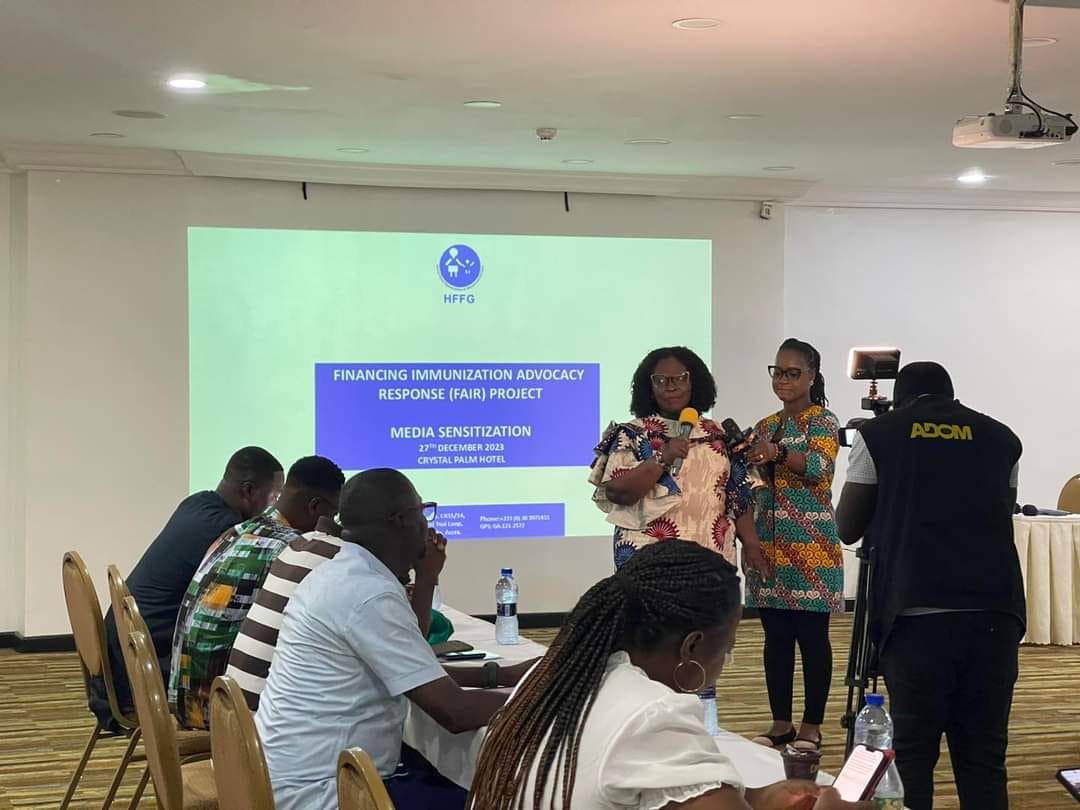
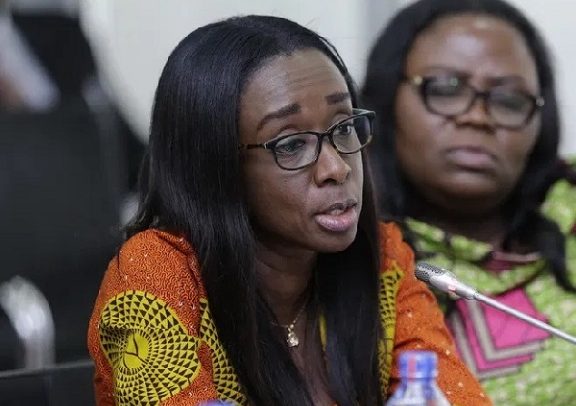
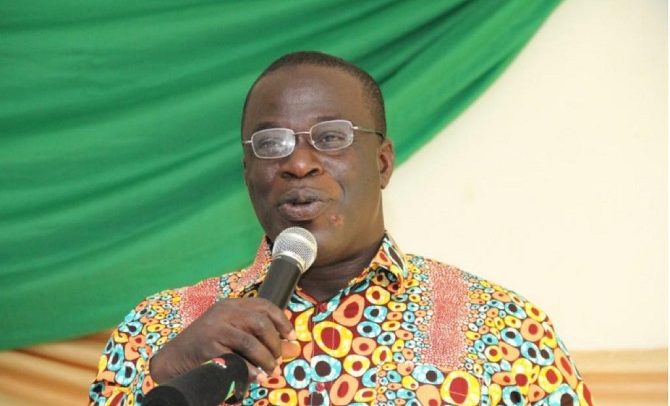


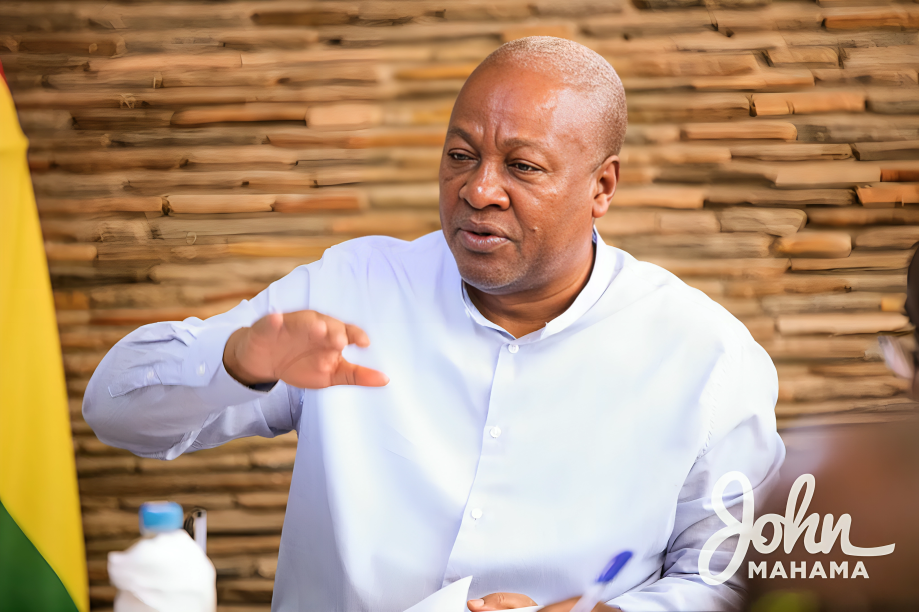

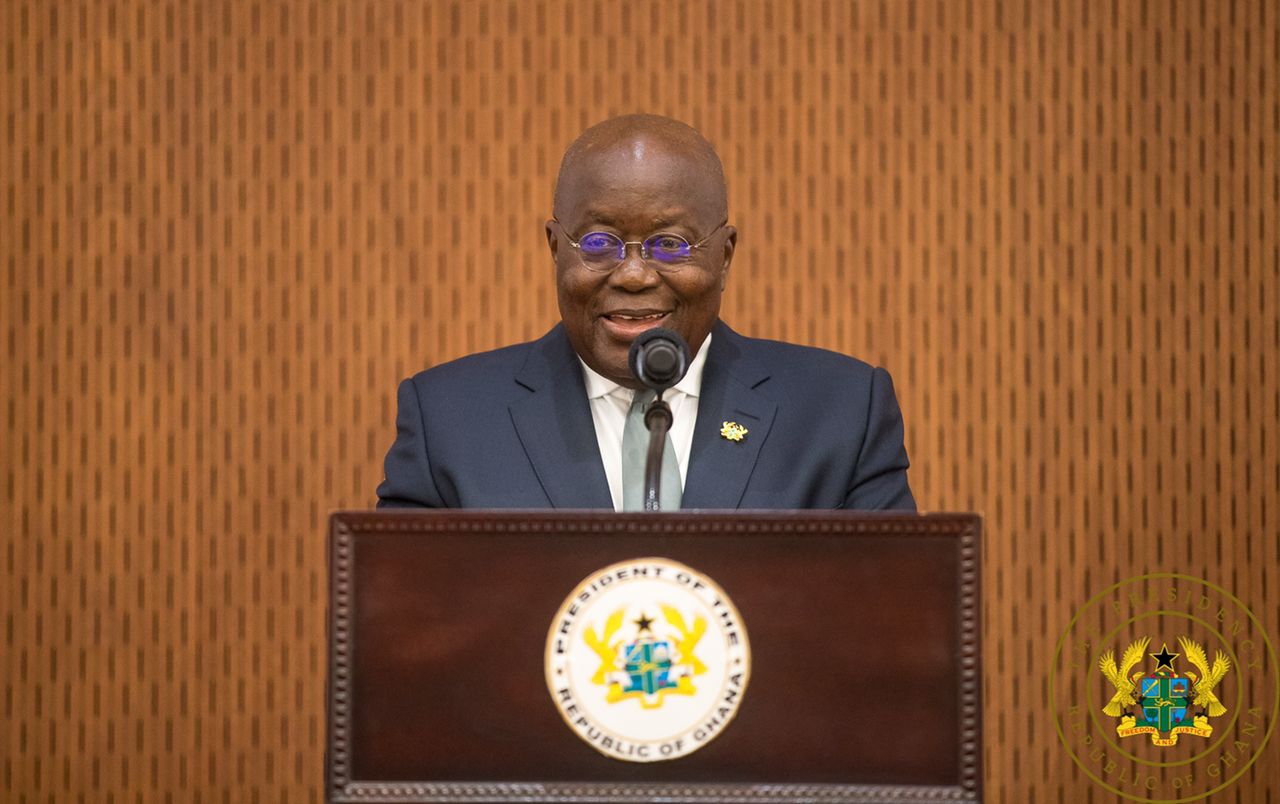
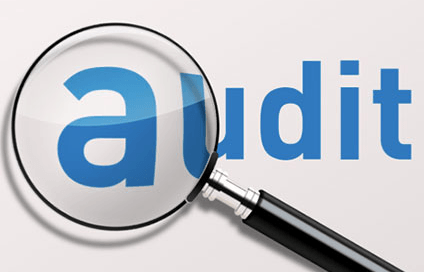
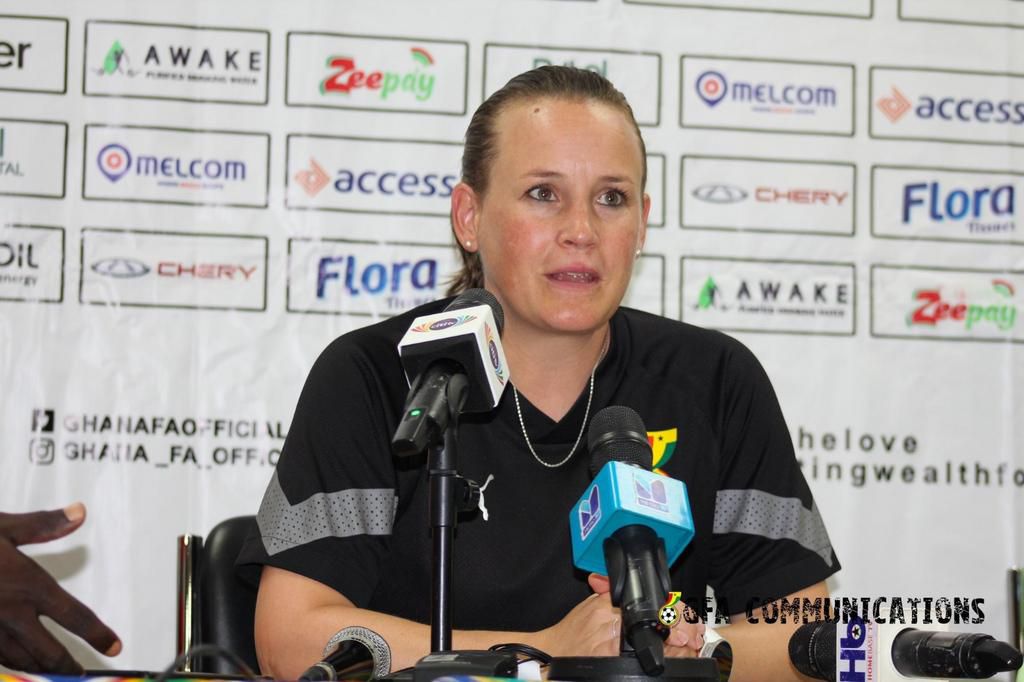


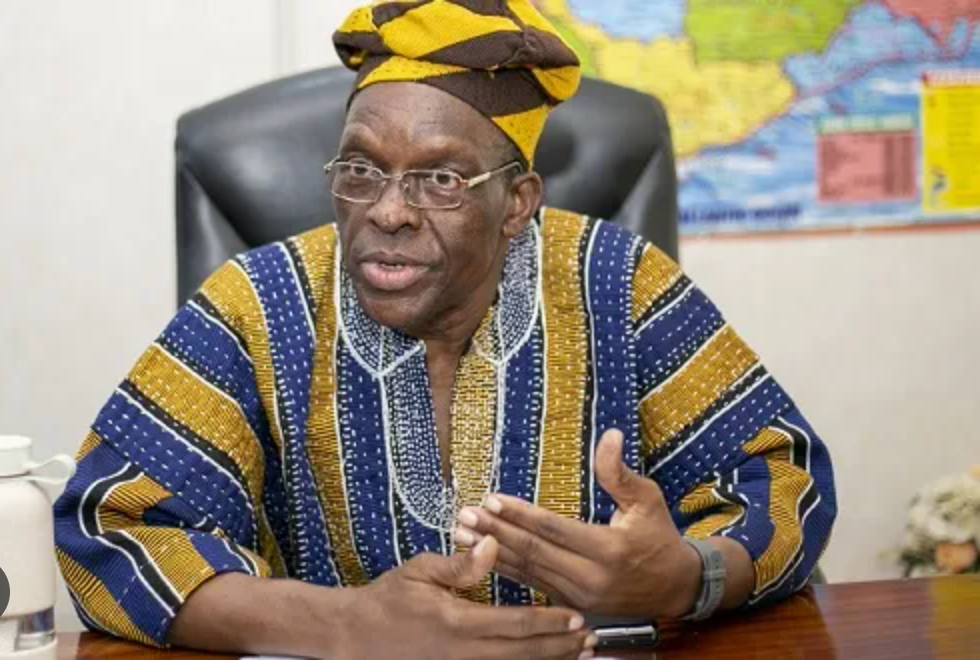
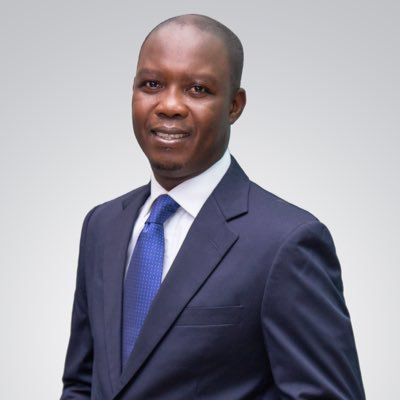

Facebook
Twitter
Pinterest
Instagram
Google+
YouTube
LinkedIn
RSS